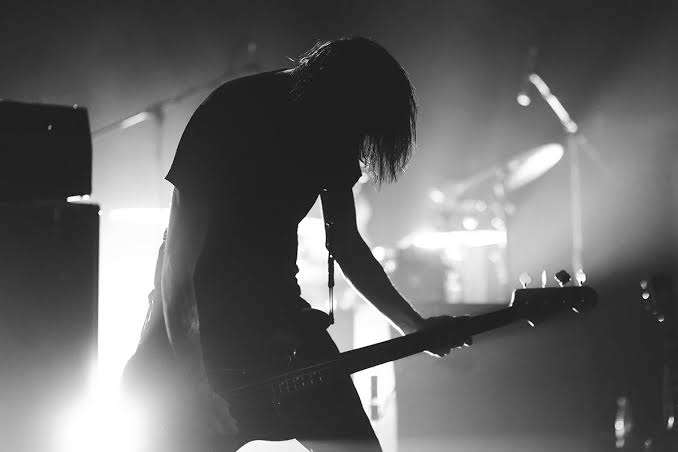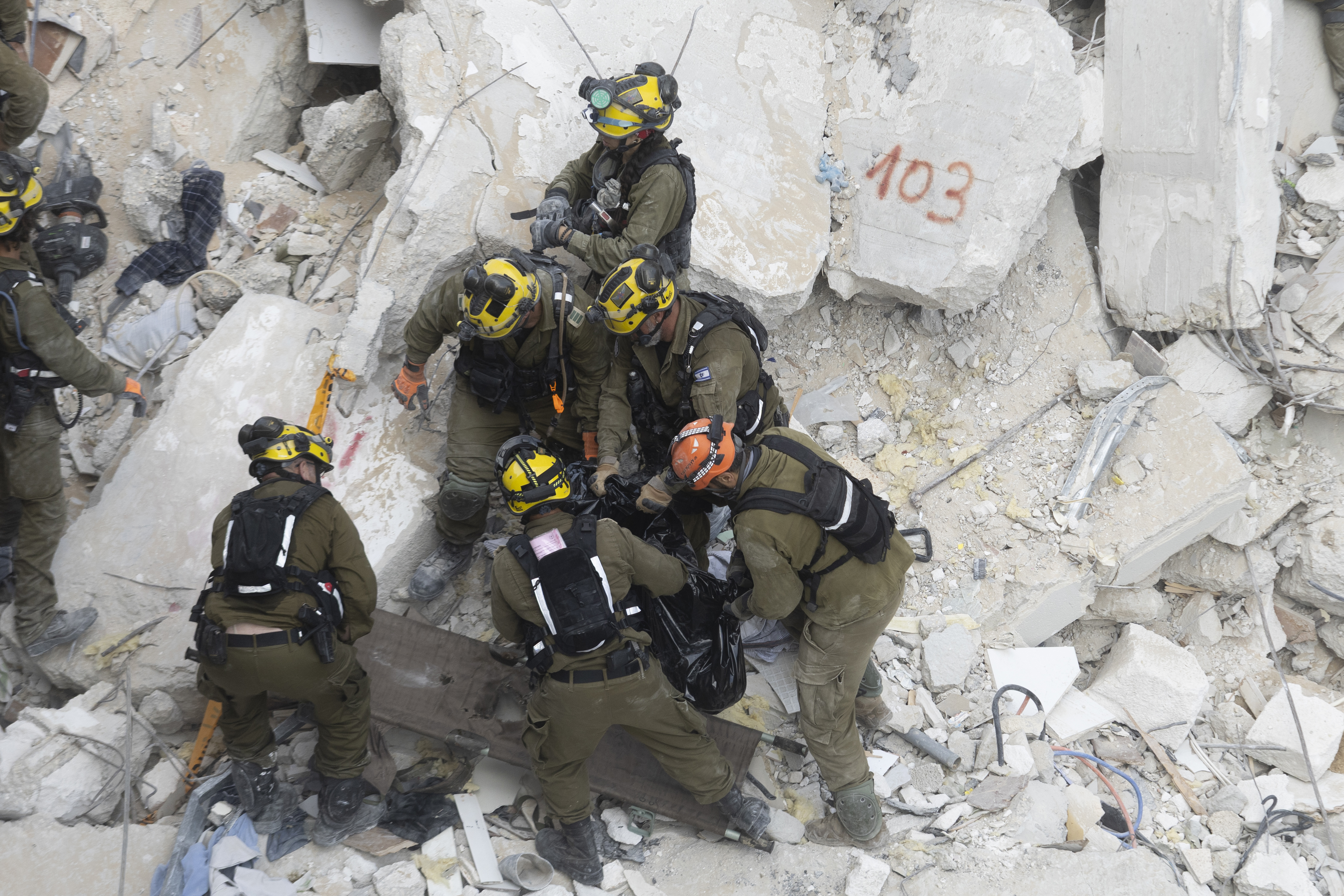
Live updates: Israel is conducting strikes on surface-to-surface missile sites in central Iran, the Israel Defence Forces (IDF) said.
The death toll is continuing to grow as Israel and Iran continue to exchange missile attacks for a third straight day, with Israel warning that worse is to come.
Israel targeted Iran's Defence Ministry headquarters in Tehran and sites it alleged were associated with Iran's nuclear program, while Iranian missiles evaded Israeli air defences and slammed into buildings deep inside Israel.
The region braced for a drawn-out conflict after Israel's strikes hit nuclear and military facilities, killing several senior generals and top nuclear scientists.
Follow key updates throughout the day below.
Iran missile production sites hit, Israel says
The Israel Defence Forces have also claimed to have hit Iranian weapon-making facilities.
"Iranian Regime weapon production sites have been struck and degraded," the IDF said on X.
"Earlier today, the IDF completed a wide-scale wave of strikes on numerous weapon production sites belonging to the Quds Force, the IRGC and the Iranian military, in Tehran."
https://x.com/IDF/status/1934364060708954547The X post appeared to show a modified aerial image of what the IDF claimed was a surface-to-surface missile production facility.
Israel strikes surface-to-surface missile sites in central Iran
Israel is conducting strikes on surface-to-surface missile sites in central Iran, the Israel Defence Forces (IDF) said.
Meanwhile, US President Donald Trump says he believes there is a 'good chance' of a ceasefire deal being reached.
"I hope there's going to be a deal. I think it's time for deal and we'll see what happens, but sometimes they have to fight it out," he said.
"I think there's a good chance there will be a deal."
Trump vetoes plan to kill Supreme Leader
Israel claimed to operate almost freely in the skies over Iran during a third day of airstrikes and killed more high-ranking security figures, while some Iranian missiles slipped through Israel's air defences.
Both sides threatened to launch more attacks.
In an indication of how far Israel was prepared to go amid fears of all-out war, a US official told The Associated Press that President Donald Trump in recent days vetoed an Israeli plan to kill Iran's Supreme Leader Ayatollah Ali Khamenei.
READ MORE: Israel and Iran trade strikes for third day as nuclear talks called off
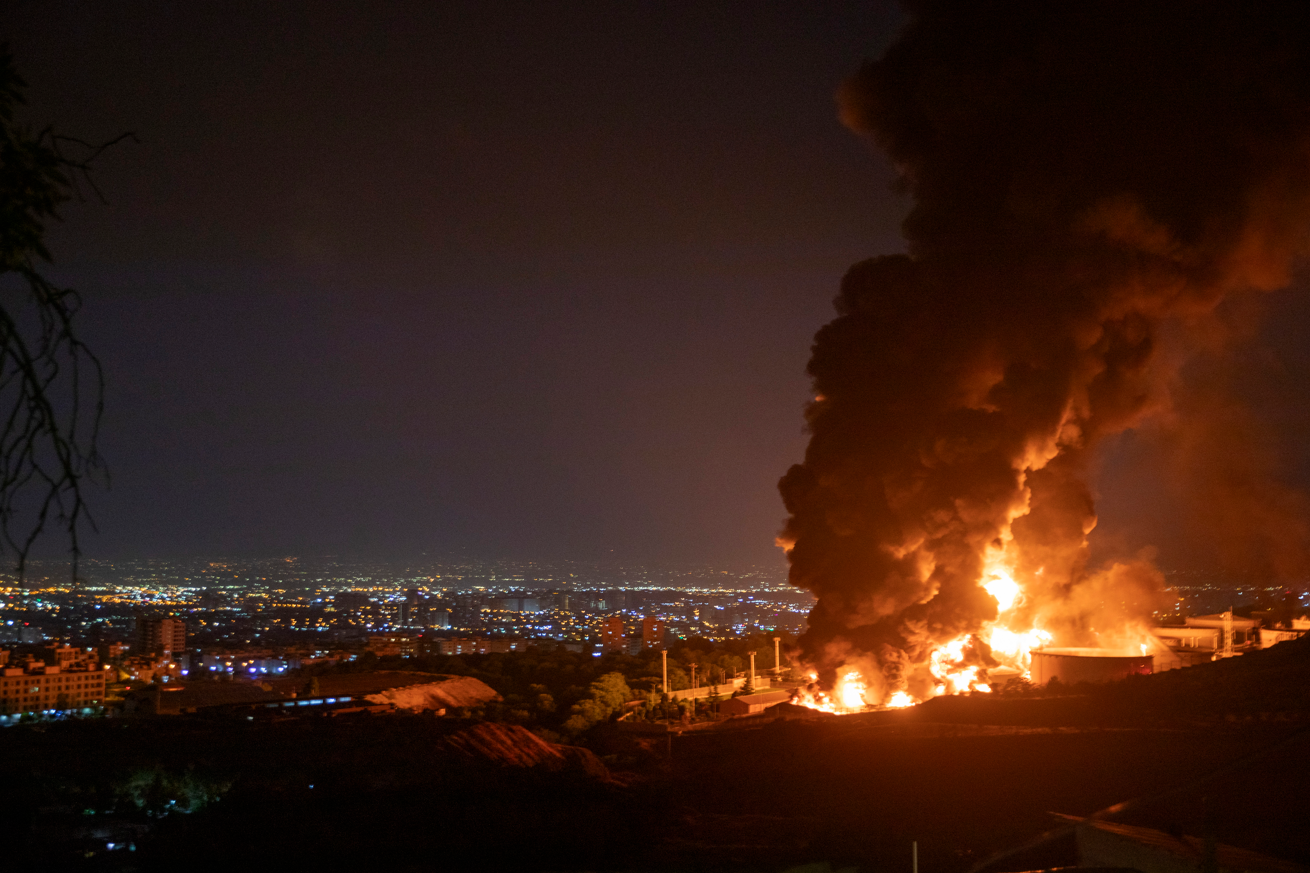
The Iranian Health Ministry said that 224 people have been killed since Israel's attack began Friday. Spokesman Hossein Kermanpour said on social media that 1277 other people were hospitalised. He asserted that more than 90 per cent of the casualties were civilians.
The paramilitary Revolutionary Guard, which controls Iran's arsenal of ballistic missiles, said intelligence chief General Mohammad Kazemi and two other generals were the latest killed, Iran's state TV reported Sunday night.
Asked about the plan during an interview on Fox News Channel's Special Report with Bret Baier, Israeli Prime Minister Benjamin Netanyahu did not directly address whether the White House rejected the plan.
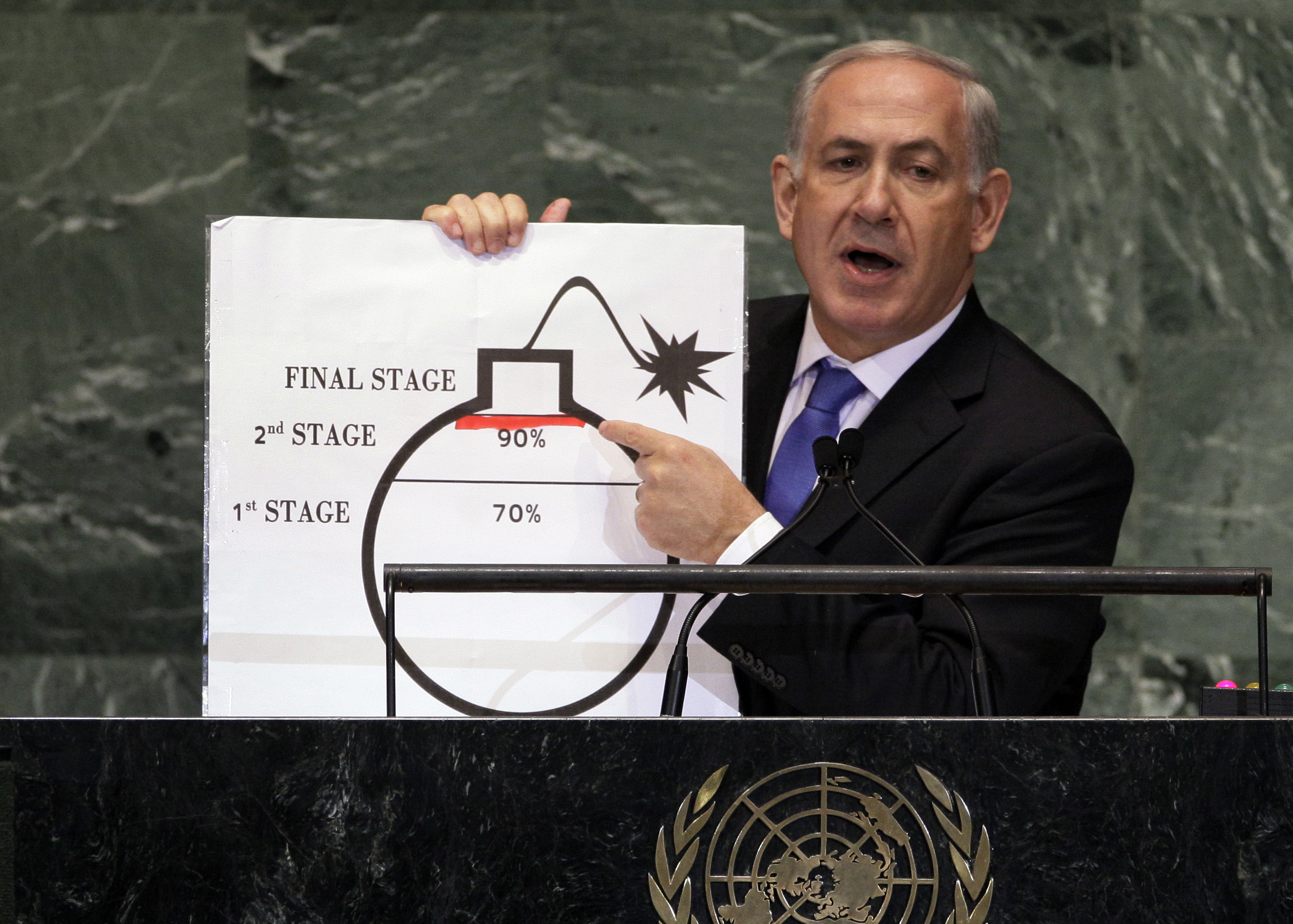
"But I can tell you, I think that we do what we need to do, we'll do what we need to do. And I think the United States knows what is good for the United States," Netanyahu said.
Israel's attacks have killed several top generals and nuclear scientists.
Iran also said Israel struck two oil refineries, raising the prospect of a broader assault on Iran's heavily sanctioned energy industry that could affect global markets.
Israel's military warned Iranians to evacuate arms factories, signalling a further widening of the campaign. Iran's military, on state TV, warned Israelis to stay away from "occupied" areas.
READ MORE: Trump's stark warning for Iran as it trades blows with Israel
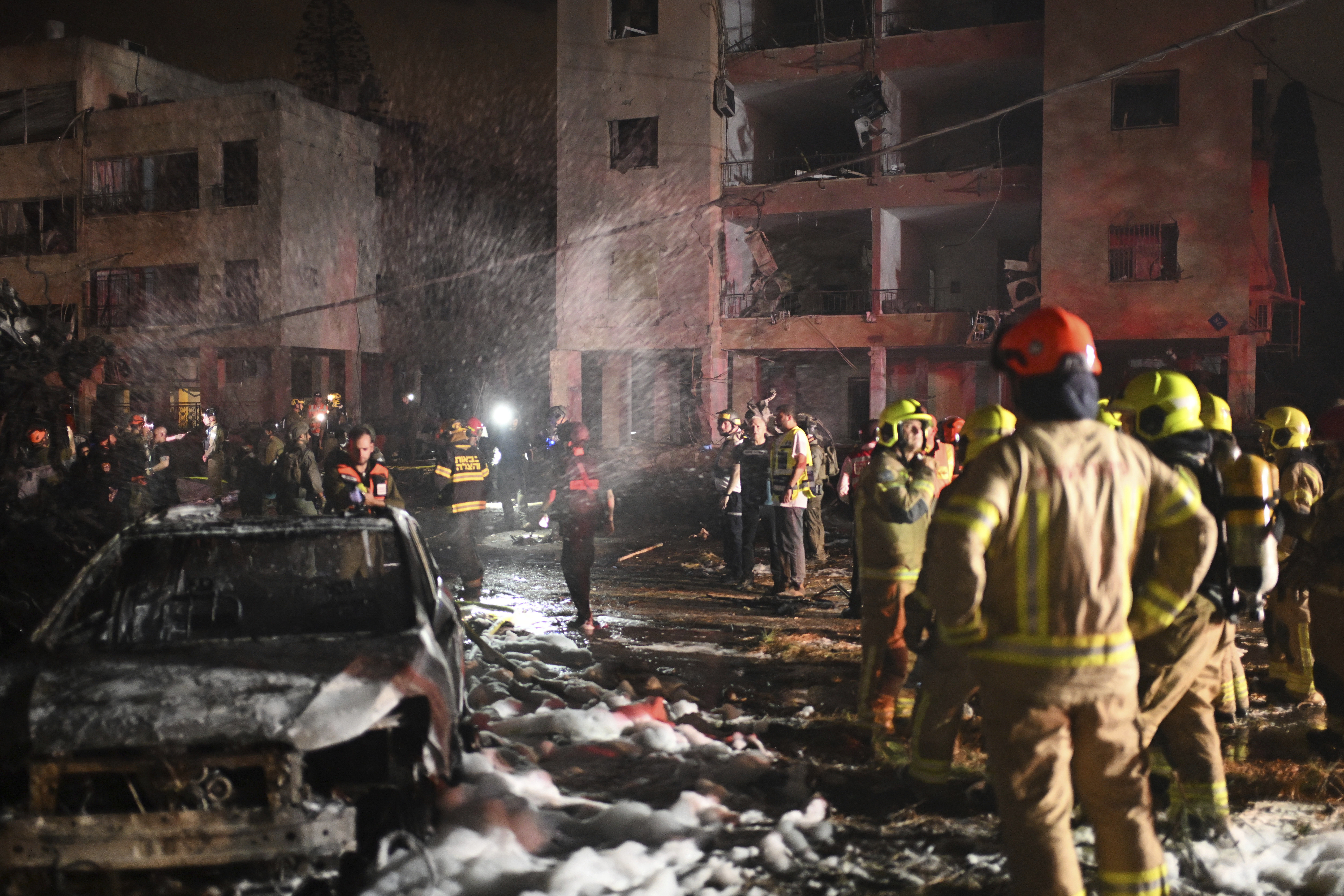
Israel, the sole though undeclared nuclear-armed state in the Middle East, has said it launched the attack – its most powerful ever against Iran – to prevent Iran from developing a nuclear weapon.
The two countries have been adversaries for decades. The latest US-Iran talks on its nuclear program were cancelled.
Explosions shook the Iranian capital of Tehran. Sirens went off in Israel.
The Israeli military noted "several hit sites" Sunday night, including in Haifa in the north, and the Magen David Adom emergency service said it treated nine injured people.
Israel said 14 people have been killed there since Friday and 390 wounded.
Iran has fired over 270 missiles, 22 of which got through the country's sophisticated multi-tiered air defences, according to Israeli figures. Israel's main international airport and airspace was closed for a third day.
READ MORE: What we know about the Minnesota shooting suspect

Iranian Foreign Minister Abbas Araghchi said if Israel's strikes on Iran stop, then "our responses will also stop."
Iran's president, Masoud Pezeshkian, criticised the US for supporting Israel and said "the responses will be more decisive and severe" if Israel keeps attacking, state TV reported.
Trump said the US "had nothing to do with the attack" and that Iran can avoid further destruction only by agreeing to a new nuclear deal.
Mosques as bomb shelters
Photos shared by Iran's ISNA News Agency showed bloodied people being helped from the scene of Israeli strikes in downtown Tehran.
One man carried a blood-spattered girl.
Deputy Foreign Minister Saeed Khatibzadeh said Israel hit a Foreign Ministry building in the north of Tehran, with several civilians injured "including a number of my colleagues," Iran's state-run IRNA news agency reported.
Israeli strikes also targeted Iran's Defence Ministry after hitting air defences, military bases and sites associated with its nuclear program.
On Sunday night, Israel said it struck "numerous" sites across Iran that produce missile and air defence components.
Israel also claimed it attacked an Iranian refuelling aircraft in Mashhad in the northeast, calling it the farthest strike the military had carried out. Iran did not immediately acknowledge any attack.
Video obtained and verified by the AP showed smoke rising from the city.
Iran's foreign minister said Israel targeted an oil refinery near Tehran and another in a province on the Persian Gulf.
State television reported that metro stations and mosques would be made available as bomb shelters beginning Sunday night.
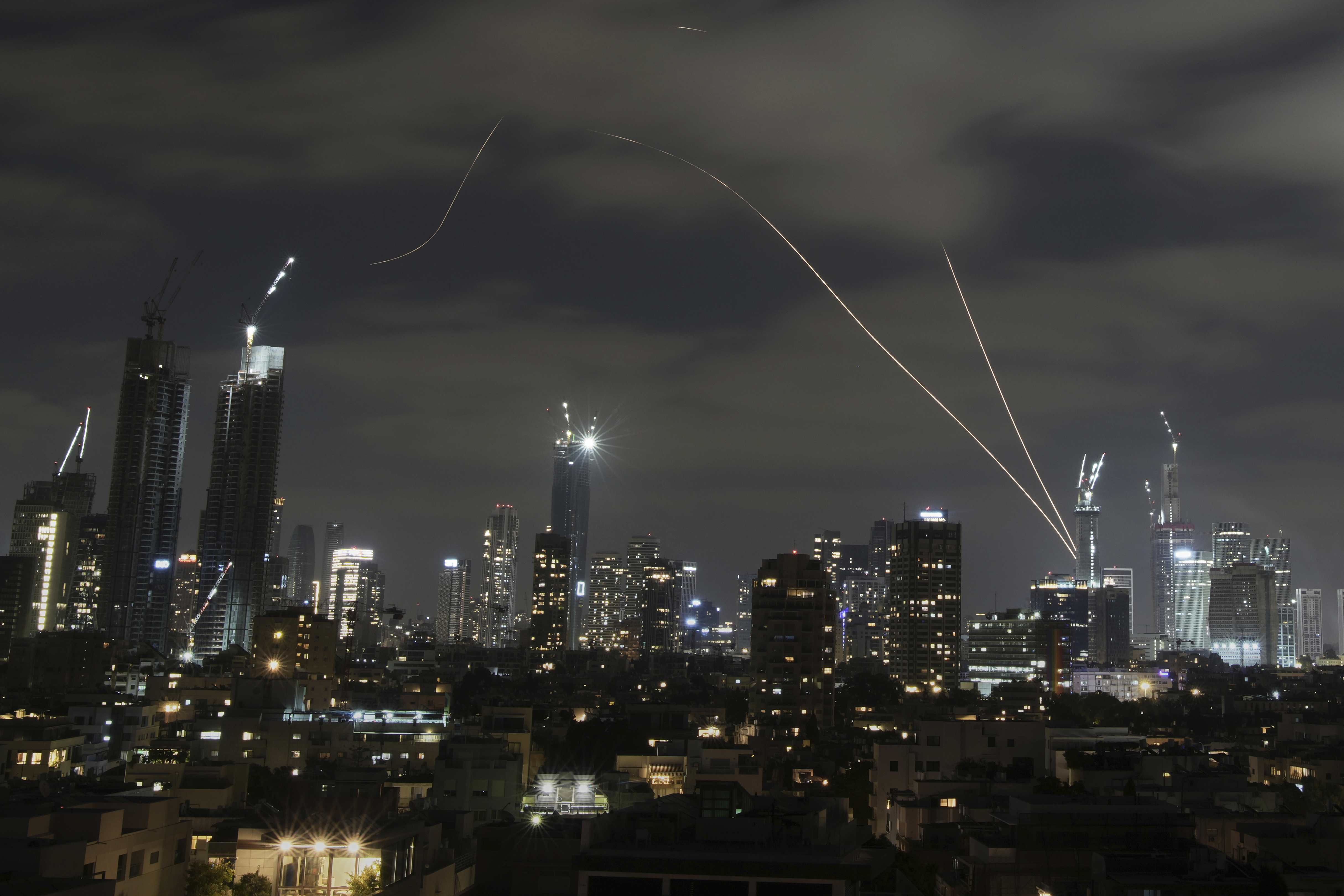
Death toll rises in Israel
Earlier Sunday in Israel, at least six people, including a 10-year-old and a nine-year-old, were killed when a missile hit an apartment building in Bat Yam, near Tel Aviv. Daniel Hadad, a local police commander, said 180 people were wounded and seven were missing.
Another four people, including a 13-year-old, were killed and 24 wounded when a missile struck a building in the Arab town of Tamra in northern Israel. A strike on the central city of Rehovot wounded 42.
The Weizmann Institute of Science, an important centre for military and other research in Rehovot, reported "a number of hits to buildings on the campus" and said no one was harmed.
An oil refinery was damaged in the northern Israeli city of Haifa, according to the firm operating it, which said no one was wounded.

Netanyahu says regime change in Iran could be a result
Israeli Prime Minister Benjamin Netanyahu has brushed off urgent calls by world leaders to de-escalate.
In an interview with Fox News on Sunday, he said regime change in Iran "could certainly be the result" of the conflict.
He also claimed, without giving evidence, that Israeli intelligence indicated Iran intended to give nuclear weapons to Iranian-backed Houthi rebels in Yemen.
Iran has always said its nuclear program was peaceful, and the US and others have assessed that it has not pursued a weapon since 2003. But Iran has enriched ever larger stockpiles of uranium to near weapons-grade levels in recent years and was believed to have the capacity to develop multiple weapons within months if it chose to do so.
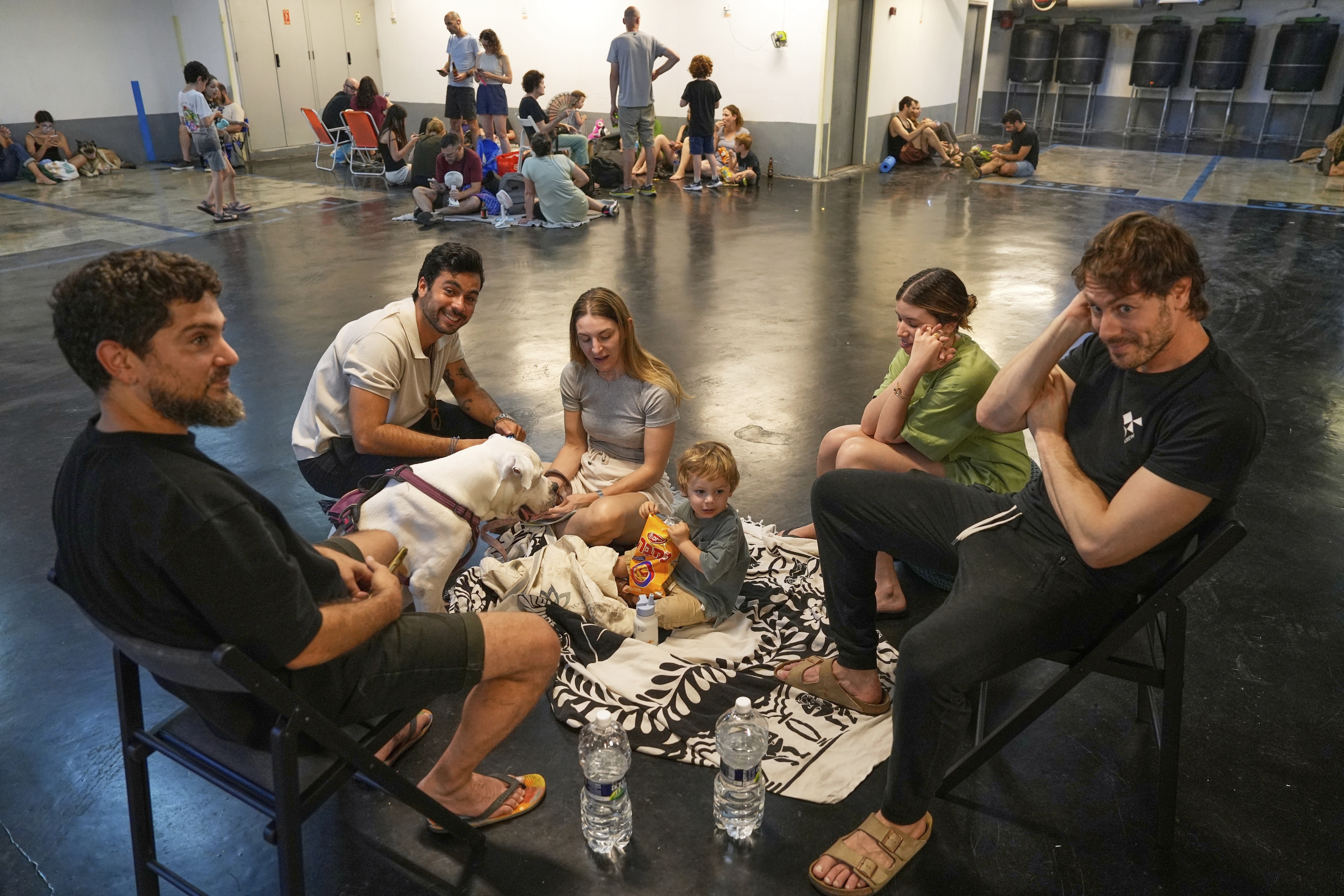
The UN's atomic watchdog issued a rare censure of Iran last week.
A senior US official, speaking on condition of anonymity to discuss the sensitive nuclear talks, said Washington remained committed to them and hoped the Iranians would return to the table.
The region is already on edge as Israel seeks to annihilate Hamas, an Iranian ally, in the Gaza Strip, where war still rages after Hamas' October 7, 2023, attack.
In a social media post, Trump warned Iran that any retaliation directed against it would bring an American response "at levels never seen before."
'More than a few weeks' to repair nuclear facilities
In Iran, satellite photos analysed by AP show extensive damage at Iran's main nuclear enrichment facility in Natanz. The images shot Saturday by Planet Labs PBC show multiple buildings damaged or destroyed. The structures hit include buildings identified by experts as supplying power to the facility.
UN nuclear chief Rafael Grossi told the Security Council that the above-ground section of the Natanz facility was destroyed. The main centrifuge facility underground did not appear to be hit, but the loss of power could have damaged infrastructure there, he said.
Israel also struck a nuclear research facility in Isfahan. The International Atomic Energy Agency, the UN nuclear watchdog, said four "critical buildings" were damaged, including Isfahan's uranium-conversion facility. The IAEA said there was no sign of increased radiation at Natanz or Isfahan.
An Israeli military official, speaking on condition of anonymity Sunday in line with official procedures, said it would take "many months, maybe more" to restore the two sites.
- With AP, CNN
DOWNLOAD THE 9NEWS APP: Stay across all the latest in breaking news, sport, politics and the weather via our news app and get notifications sent straight to your smartphone. Available on the Apple App Store and Google Play.
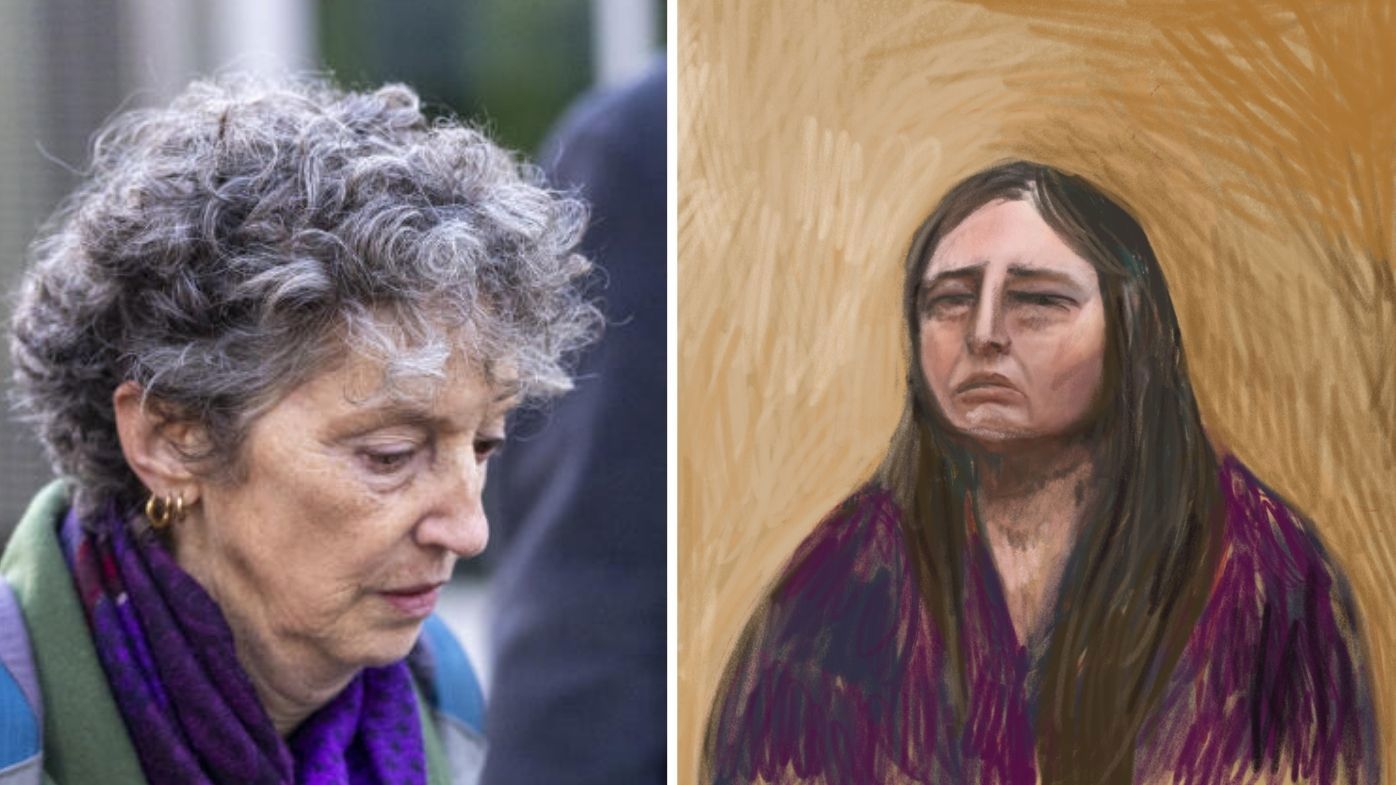 Mushroom cook accused of 'four calculated deceptions'
Mushroom cook accused of 'four calculated deceptions'
 Abu Dhabi makes $30 billion cash bid to acquire Australian oil giant
Abu Dhabi makes $30 billion cash bid to acquire Australian oil giant
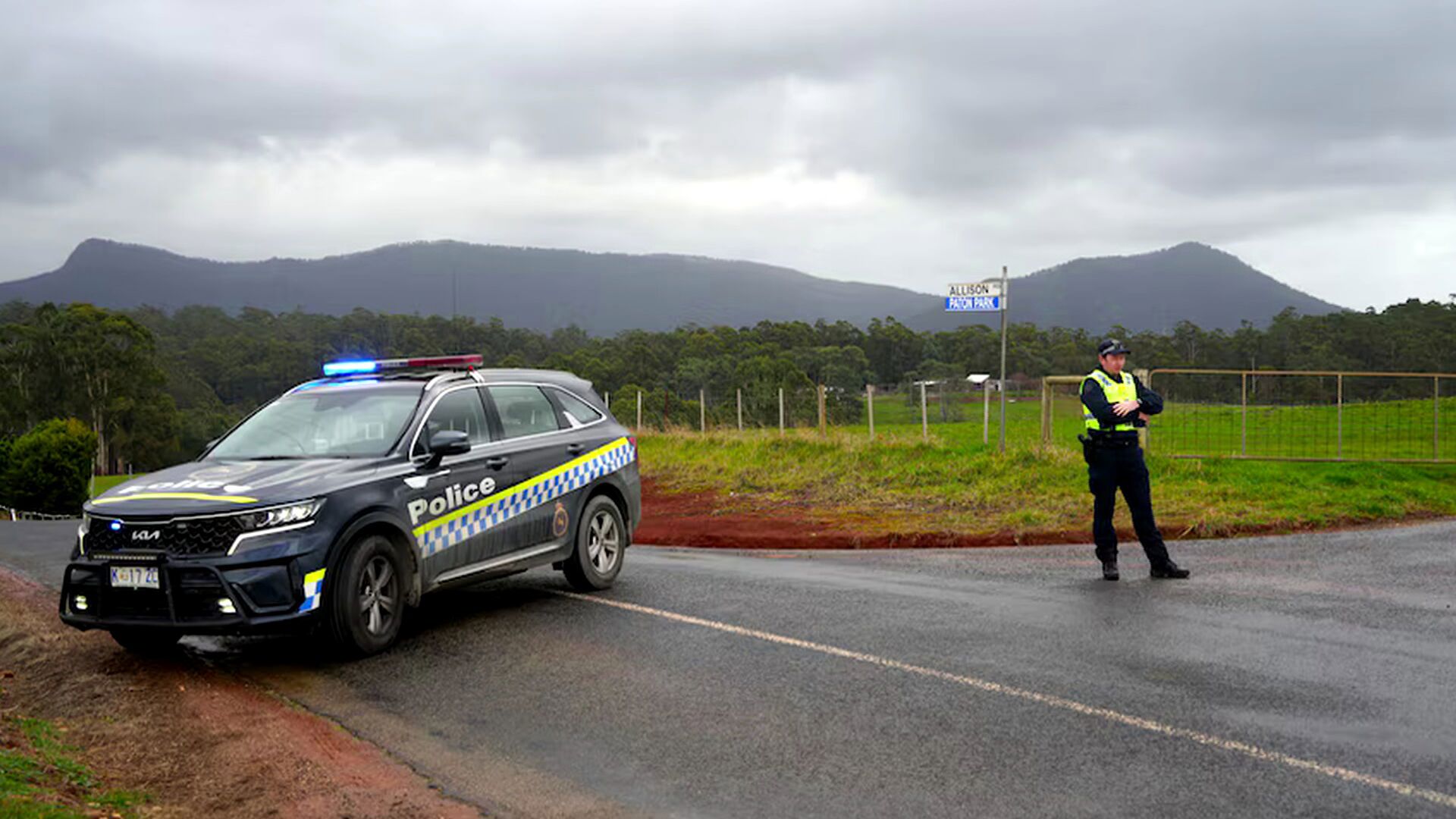 'Heartbreaking': Police officer of 25 years fatally shot at Tasmania property
'Heartbreaking': Police officer of 25 years fatally shot at Tasmania property
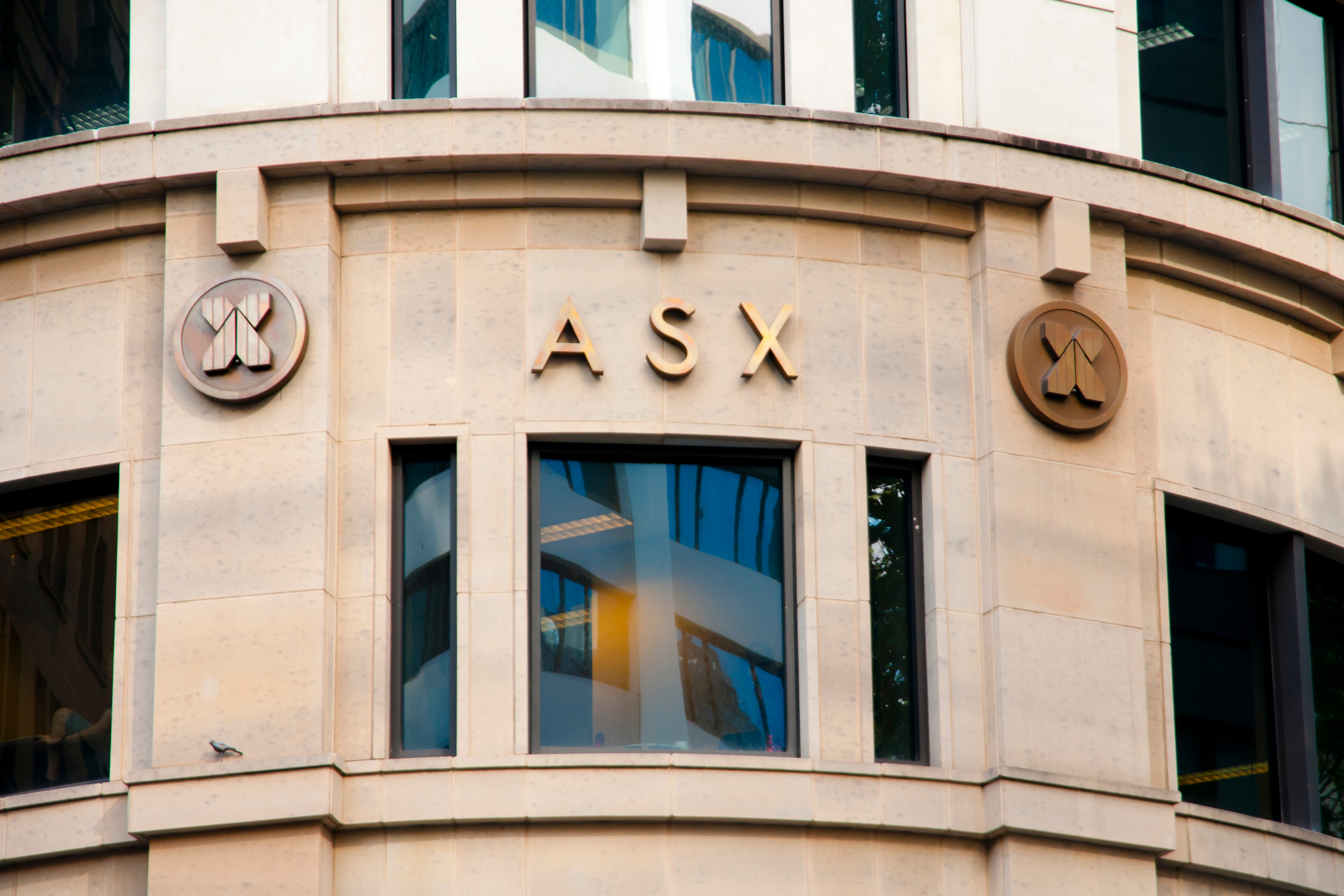 ASX accused of 'repeated and serious failures' by corporate watchdog
ASX accused of 'repeated and serious failures' by corporate watchdog
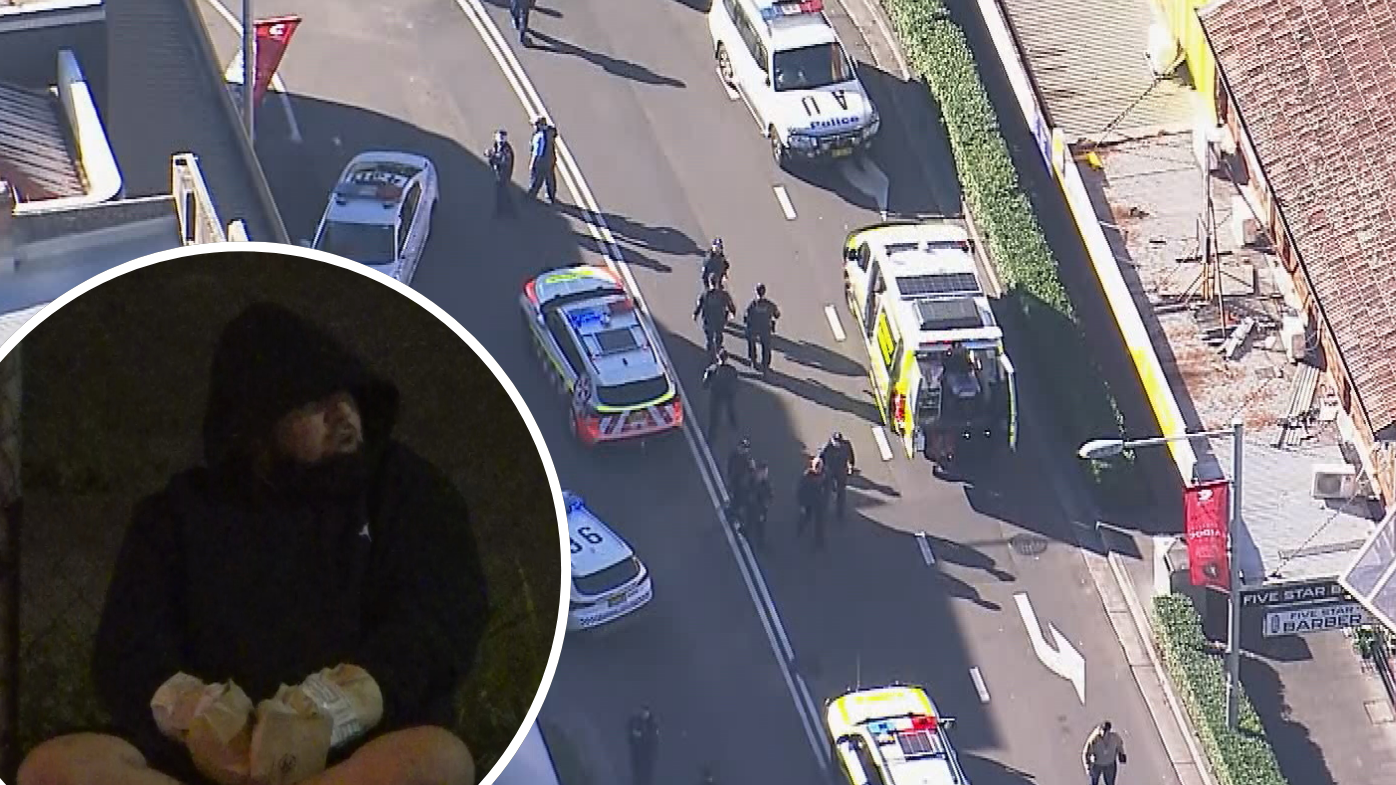 Underworld figure targeted in brazen kebab shop shooting
Underworld figure targeted in brazen kebab shop shooting
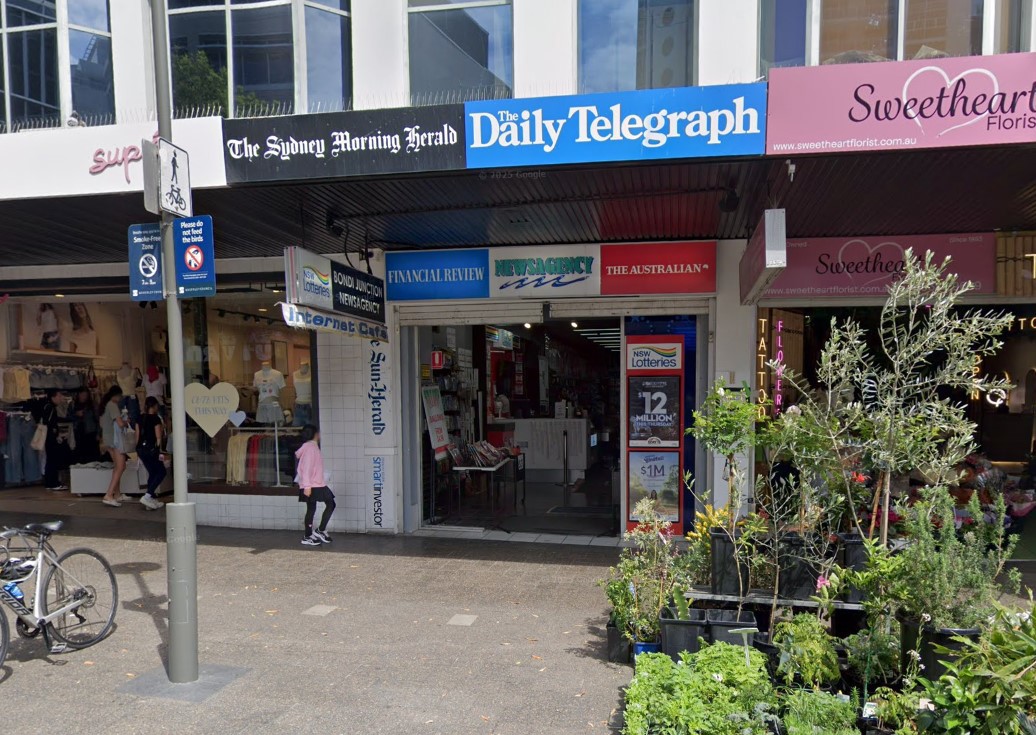 Winner of $100 million still a mystery days after lotto draw
Winner of $100 million still a mystery days after lotto draw
 Artificial intelligence breaks new ground for Australians with epilepsy
Artificial intelligence breaks new ground for Australians with epilepsy
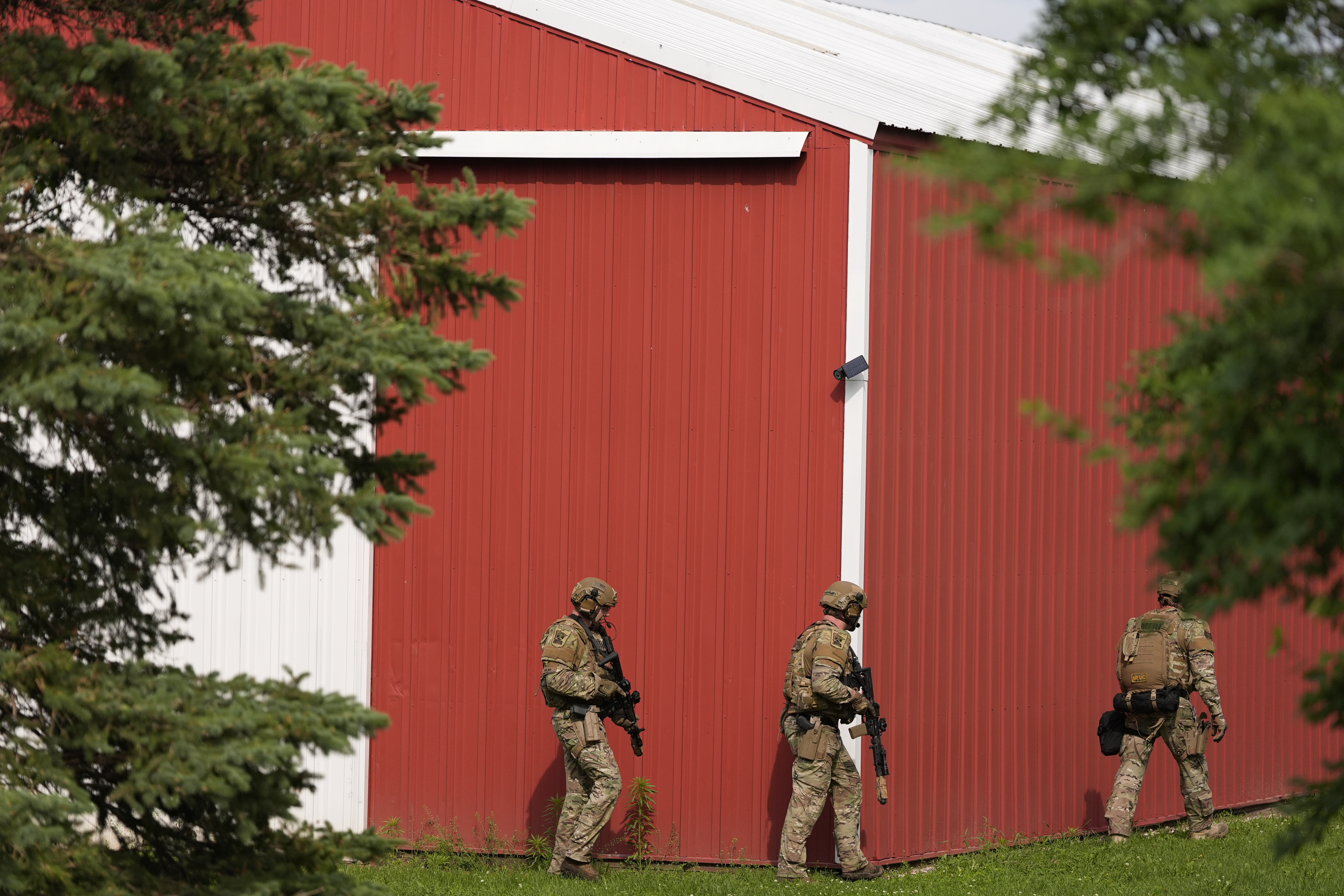 Suspect accused of killing Minnesota politician and husband arrested
Suspect accused of killing Minnesota politician and husband arrested
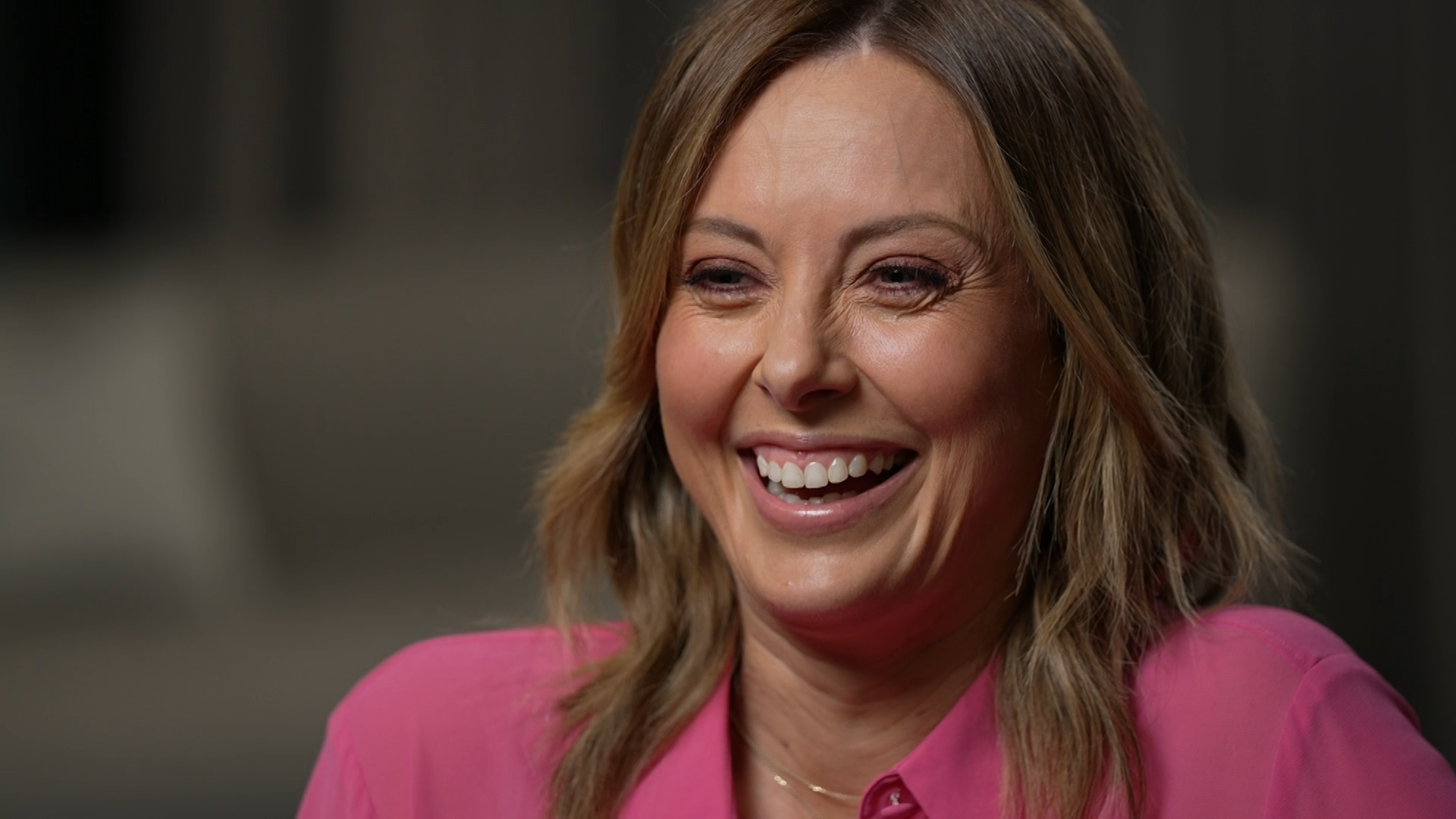 Ally Langdon nominated for Gold Logie
Ally Langdon nominated for Gold Logie
 Famous faces spotted as No Kings protests take place across US
Famous faces spotted as No Kings protests take place across US
 Aussie women 'have a right to be angry' these apps are selling their personal data
Aussie women 'have a right to be angry' these apps are selling their personal data
 Race against time to find gunmen who shot Aussies in Bali
Race against time to find gunmen who shot Aussies in Bali
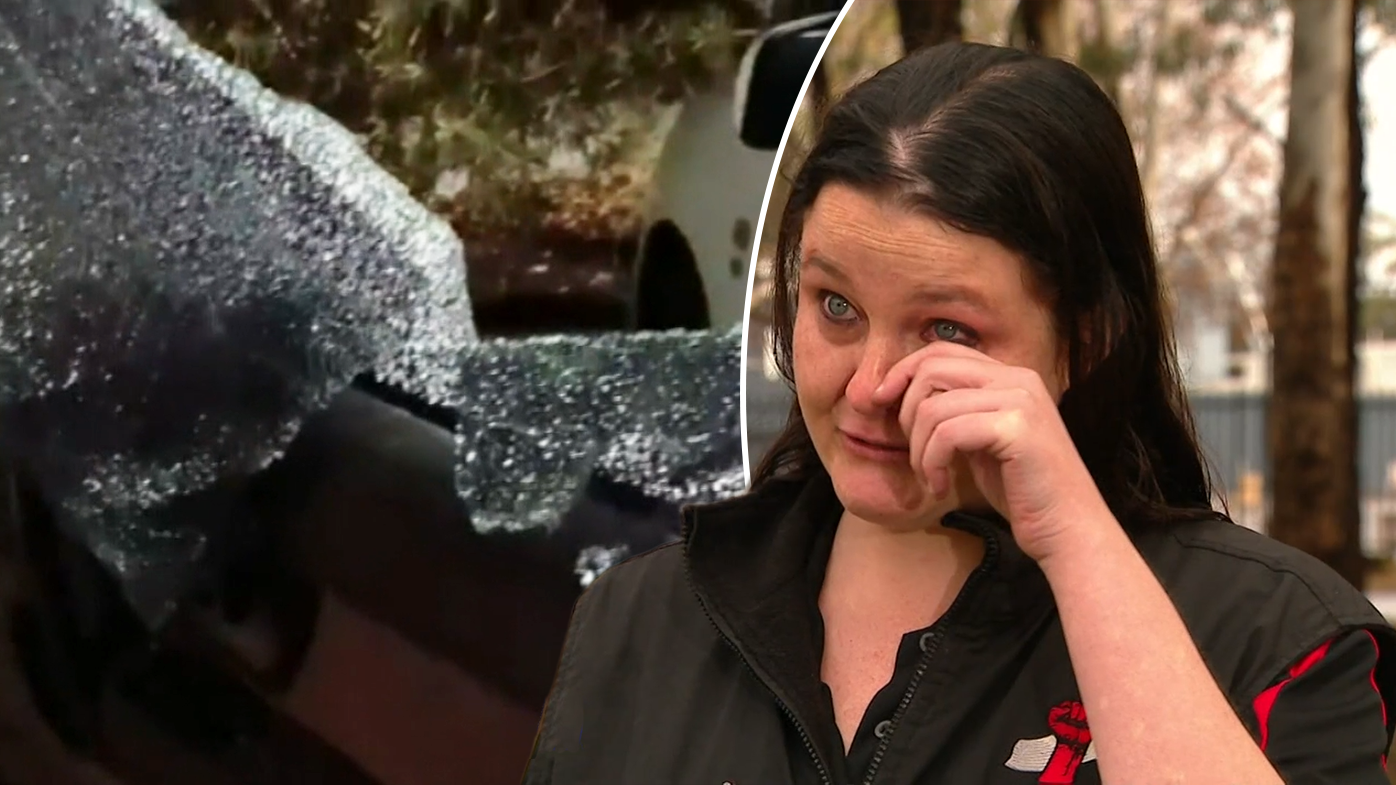 'You know you want to fight me': Road rage victims feared for their lives
'You know you want to fight me': Road rage victims feared for their lives
 Hunt for suspected arsonist after car yard goes up in flames
Hunt for suspected arsonist after car yard goes up in flames
 Democrat leader killed in 'politically motivated assassination'
Democrat leader killed in 'politically motivated assassination'
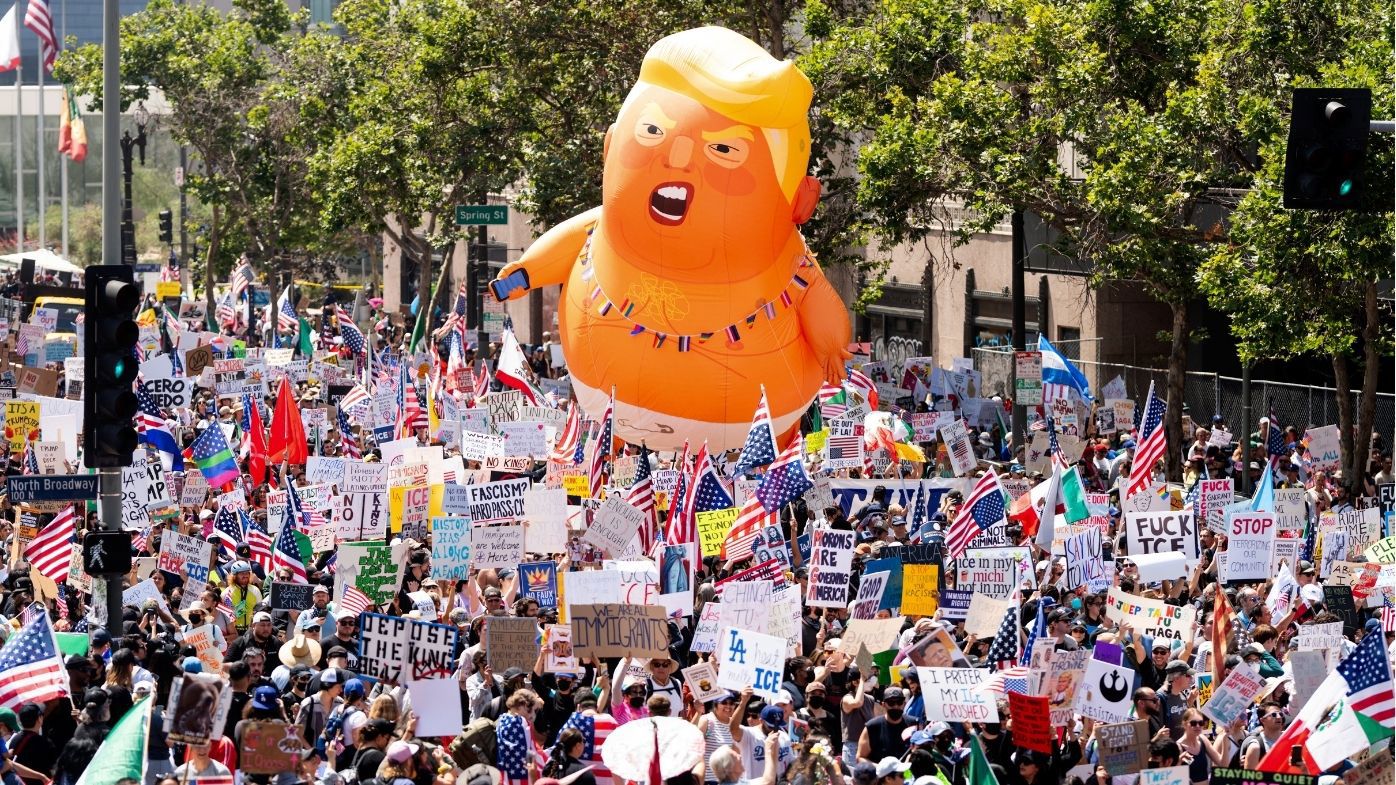 Donald Trump 'No Kings' protests held across America
Donald Trump 'No Kings' protests held across America
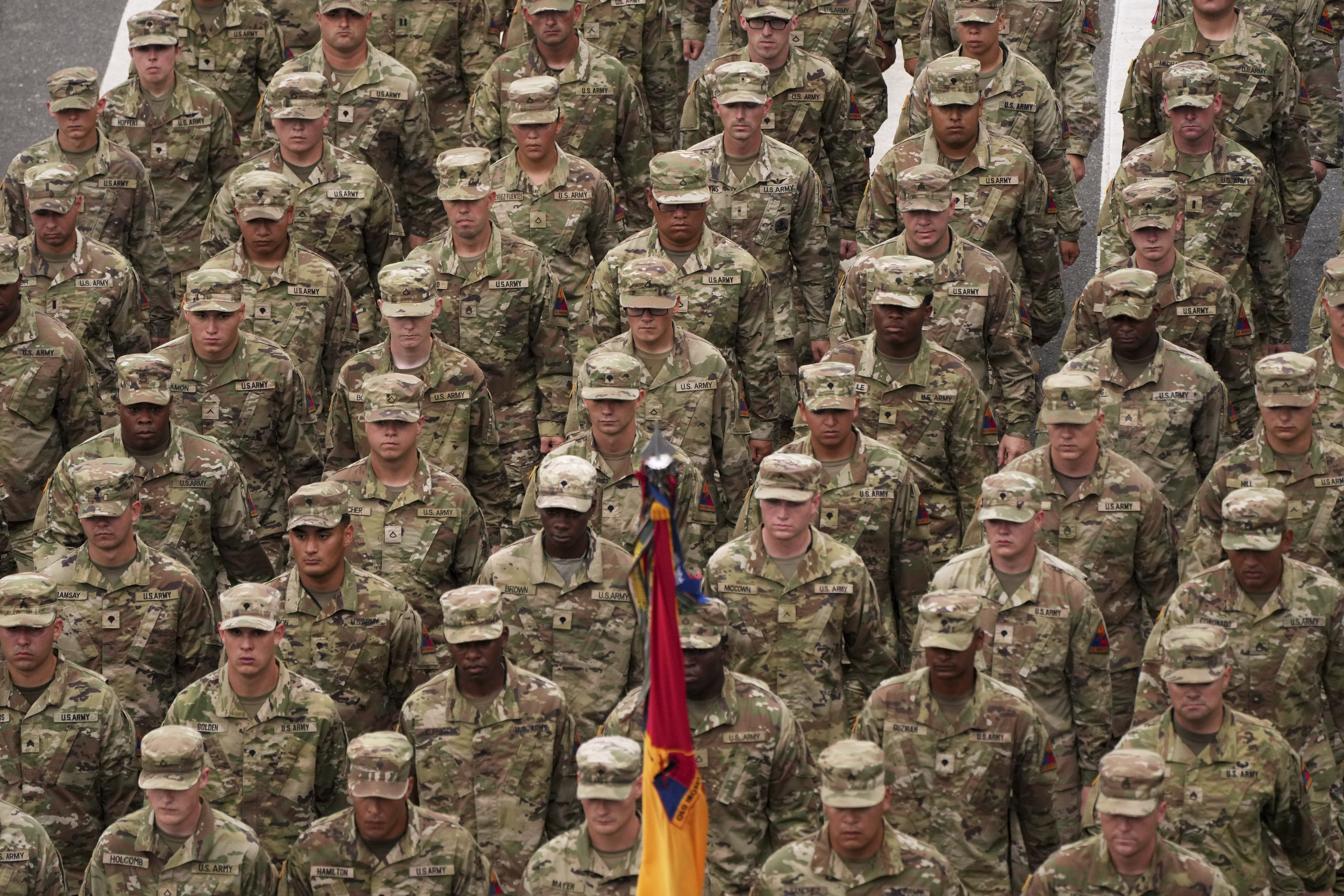 Trump and Melania all smiles at US military parade as protests rage
Trump and Melania all smiles at US military parade as protests rage


